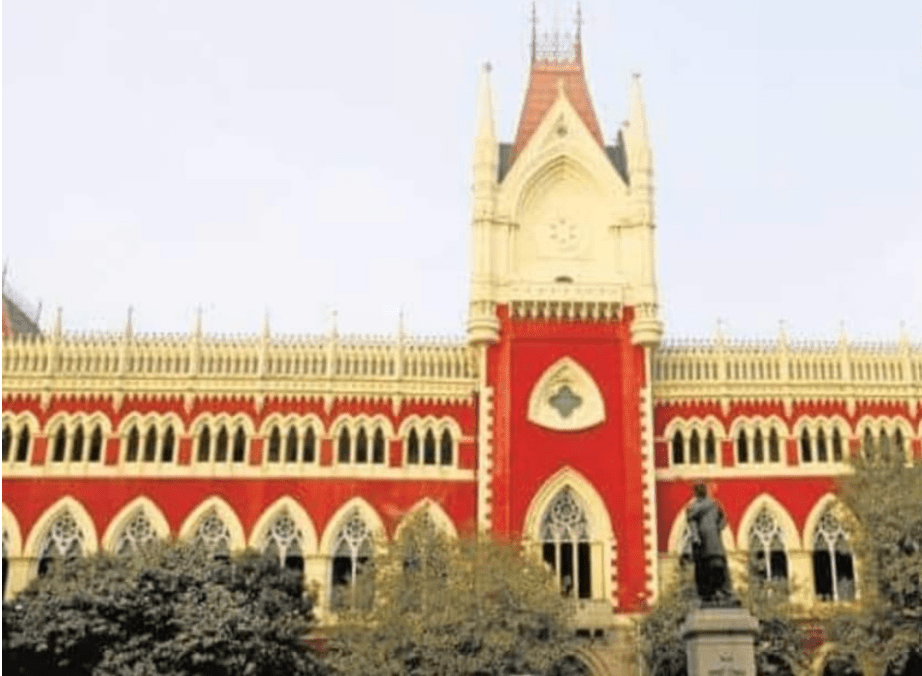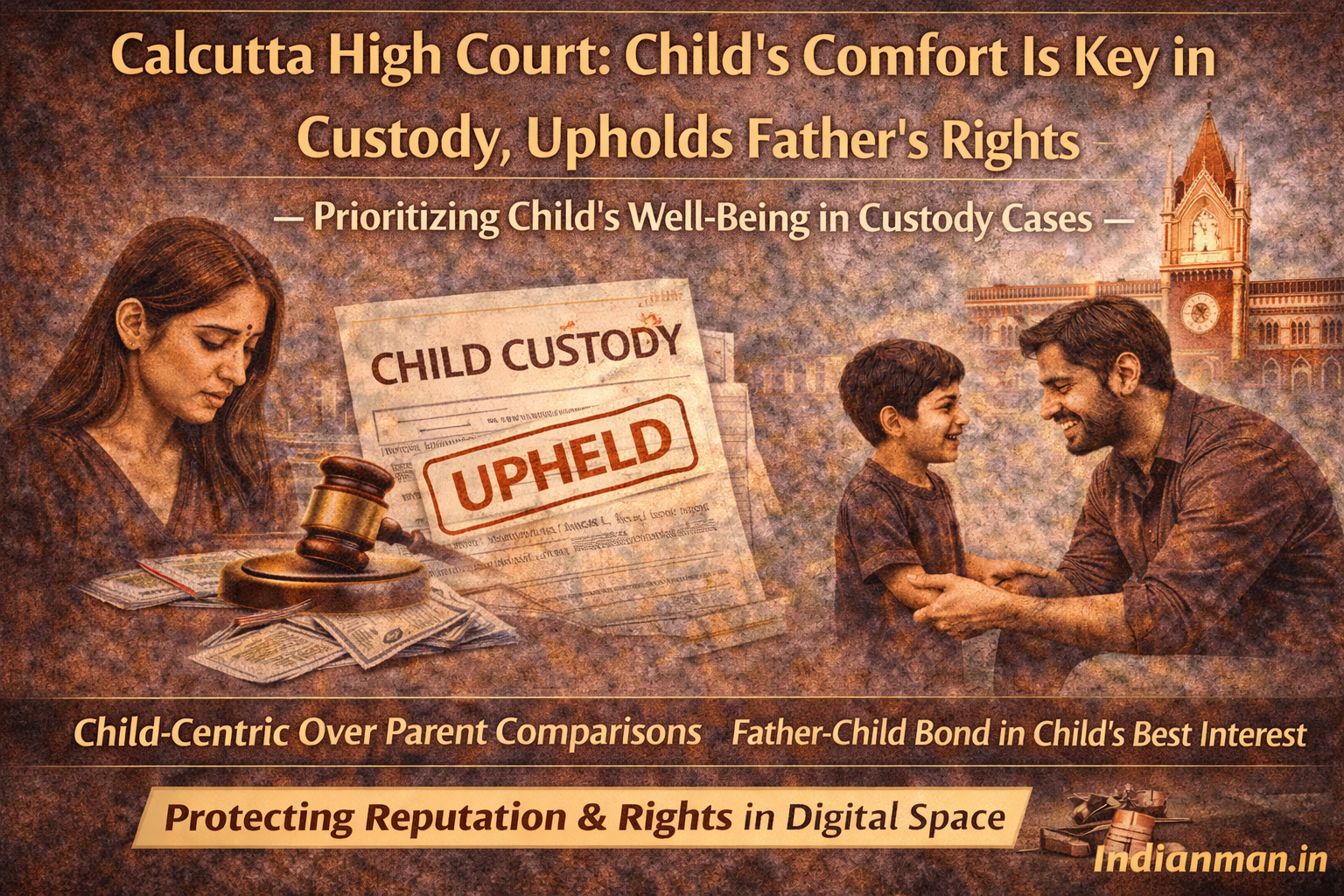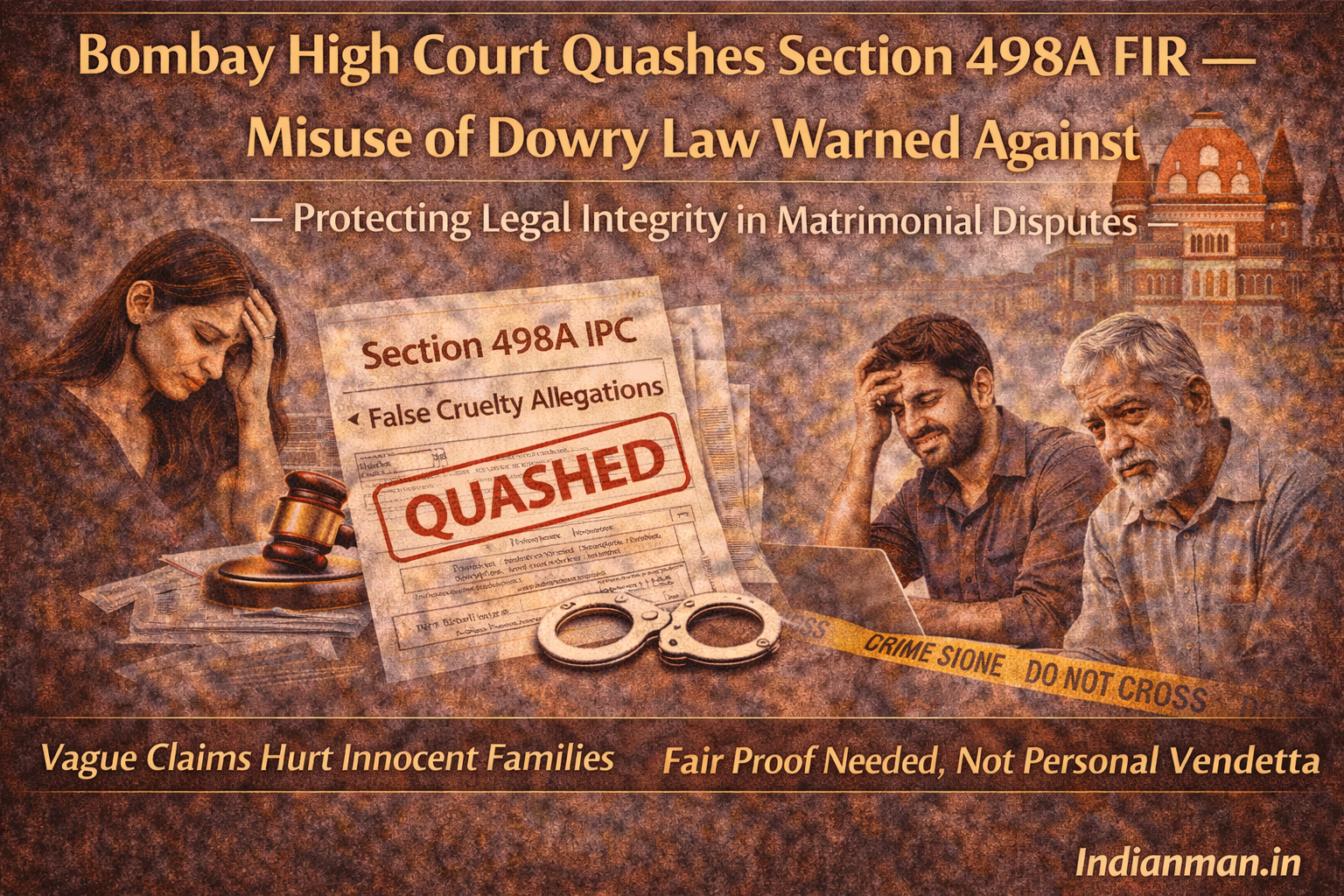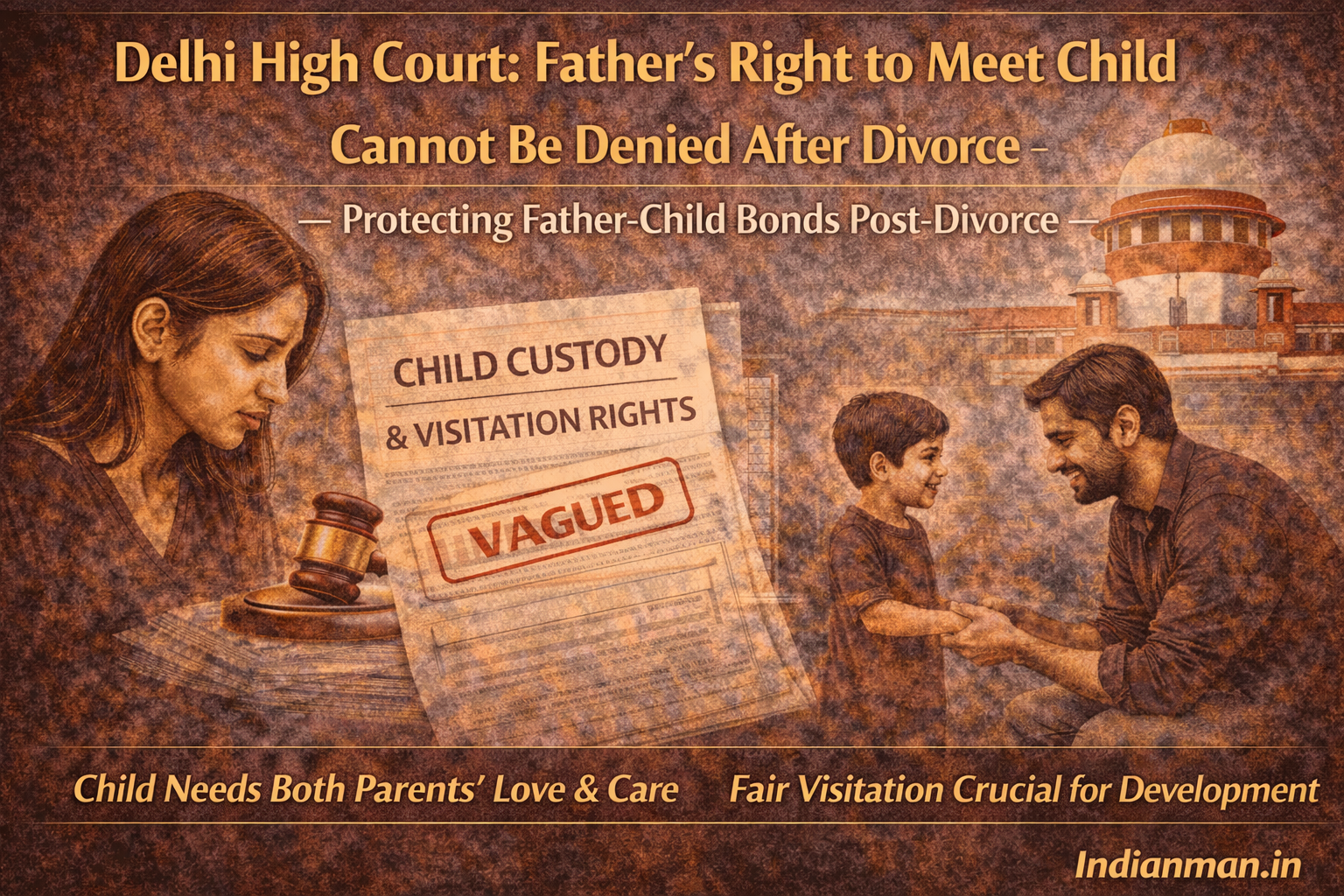Calcutta High Court Rules Economic Support Denial as Domestic Violence Even After Separation
In a significant interpretation of the Protection of Women from Domestic Violence Act, 2005, the Calcutta High Court has ruled that withholding economic support from a wife and minor son amounts to domestic violence. This ruling applies irrespective of whether the parties continue to live together in a shared household.
The case involved a husband and wife married under Muslim Shariat Law, who separated shortly after marriage. The husband later divorced his wife through Talaknama, which was accepted by her. However, disputes arose regarding the validity of the divorce and economic support for the wife and their minor son.
The court emphasized that under Section 3 of the DV Act, 2005, economic abuse includes denying sufficient financial support necessary for the upkeep of the wife and child, regardless of the wife’s employment status. The judgment highlighted that economic abuse persists even after separation, as evidenced by the wife’s plea for interim relief concerning their son’s upbringing.
Despite the divorce proceedings and separation, the court refused to quash criminal charges against the husband, asserting that the wife remains an “aggrieved person” under the DV Act due to ongoing economic abuse.
This ruling sets a precedent in ensuring continued legal protection for women and children in cases of economic deprivation post-separation under the ambit of domestic violence laws in India.
Be a part our social media community:
Facebook: https://www.facebook.com/IndianMan.in?mibextid=ZbWKwL
Instagram:
https://www.instagram.com/indianman.in?igsh=MWZ2N3N0ZmpwM3l3cw==




